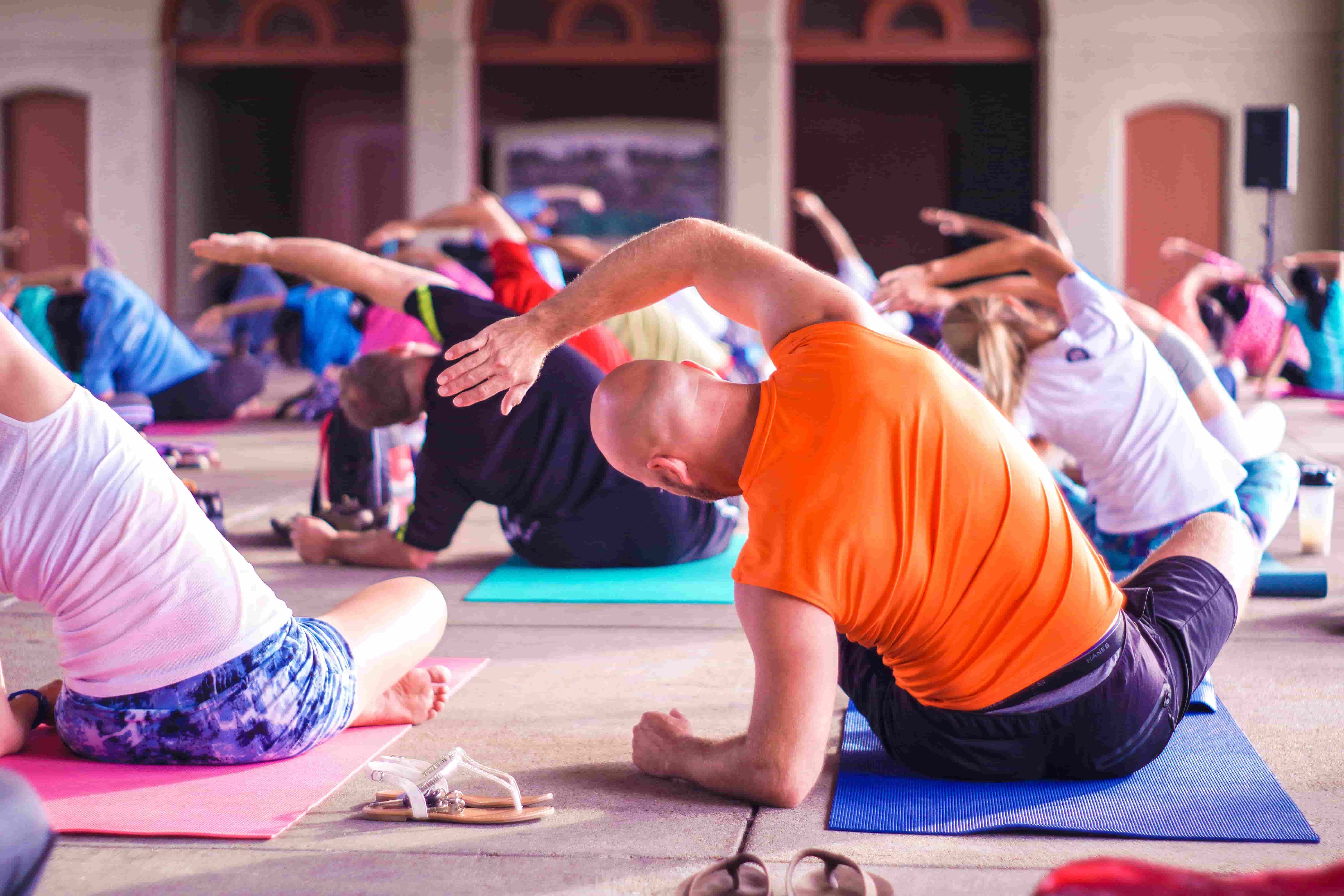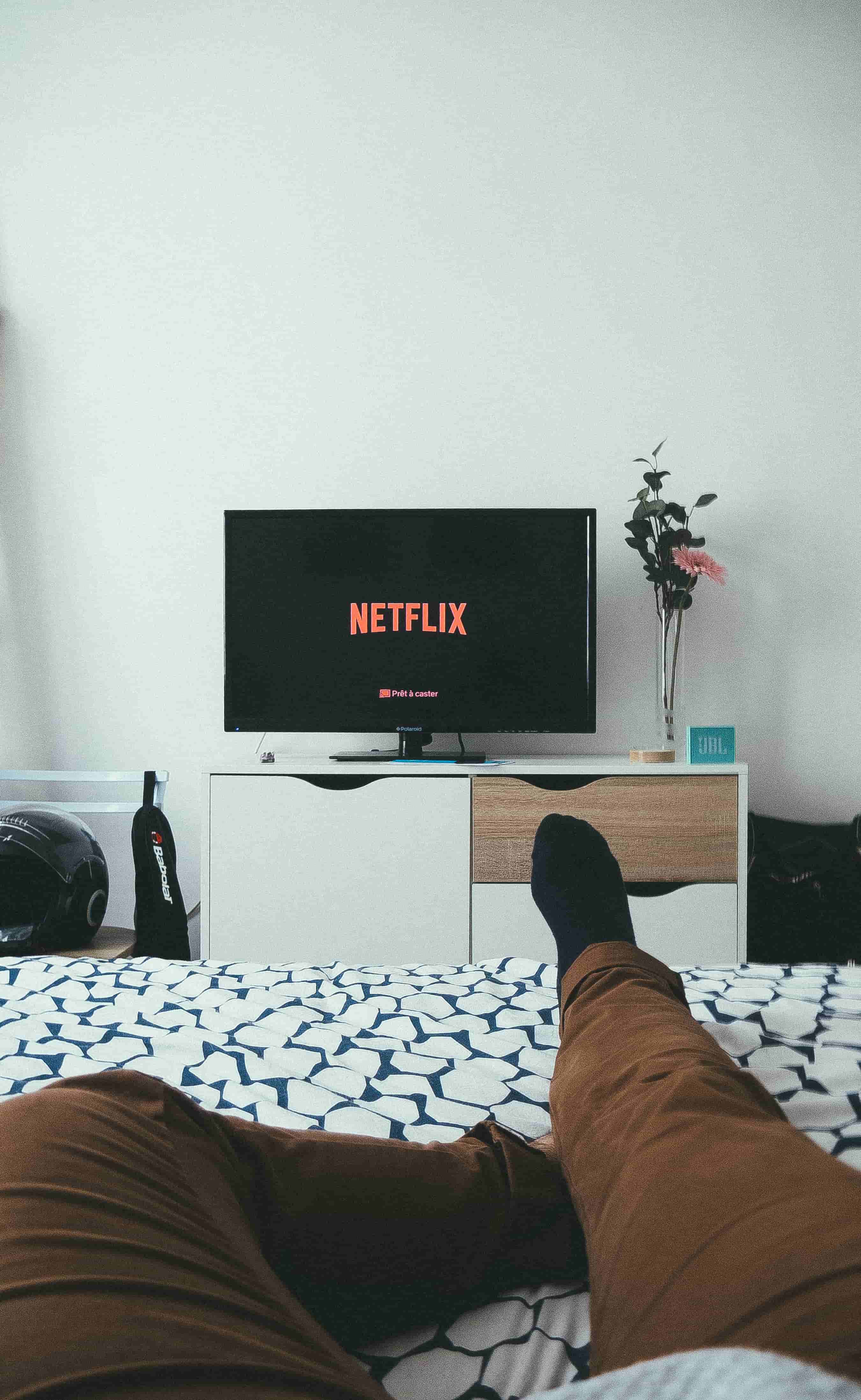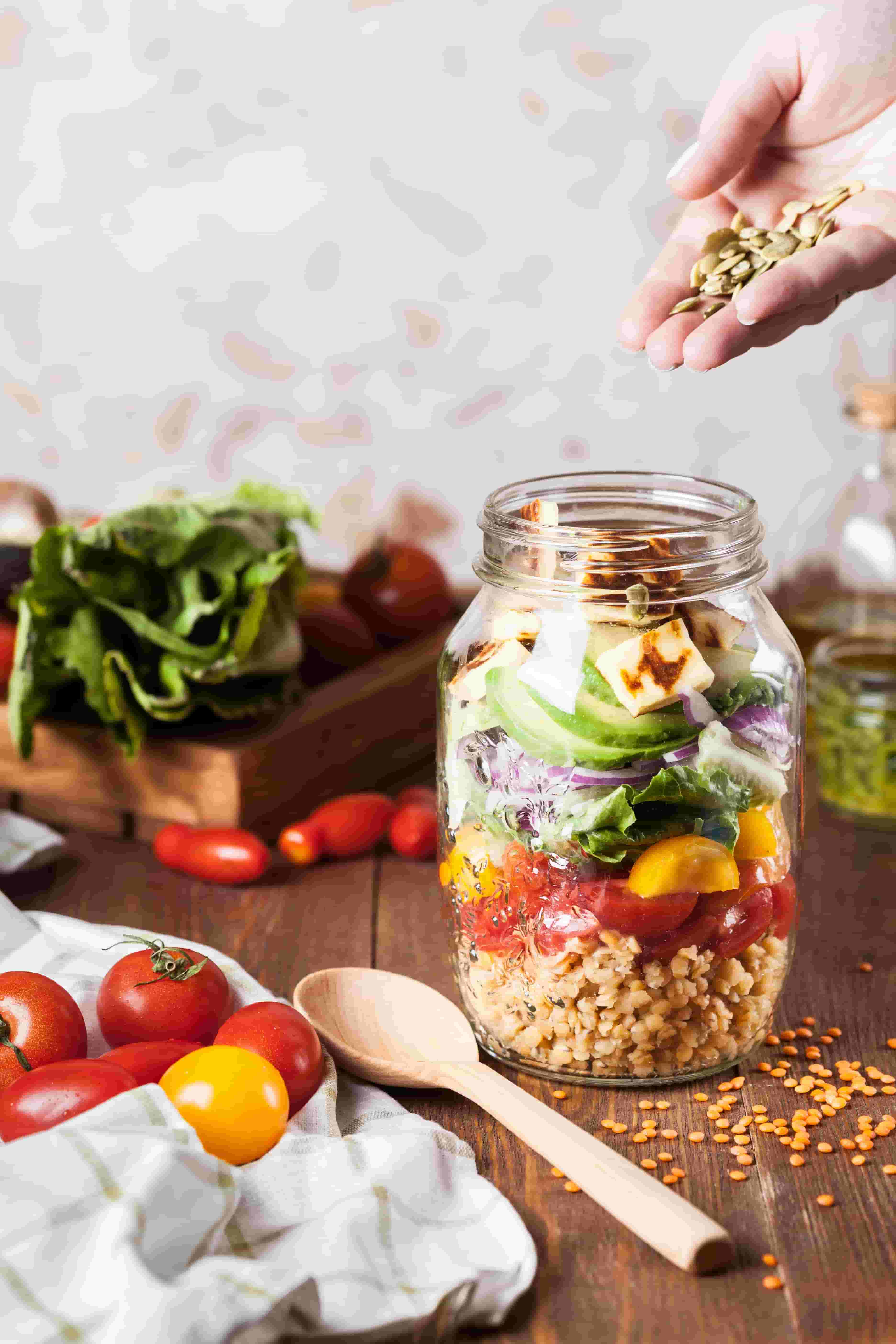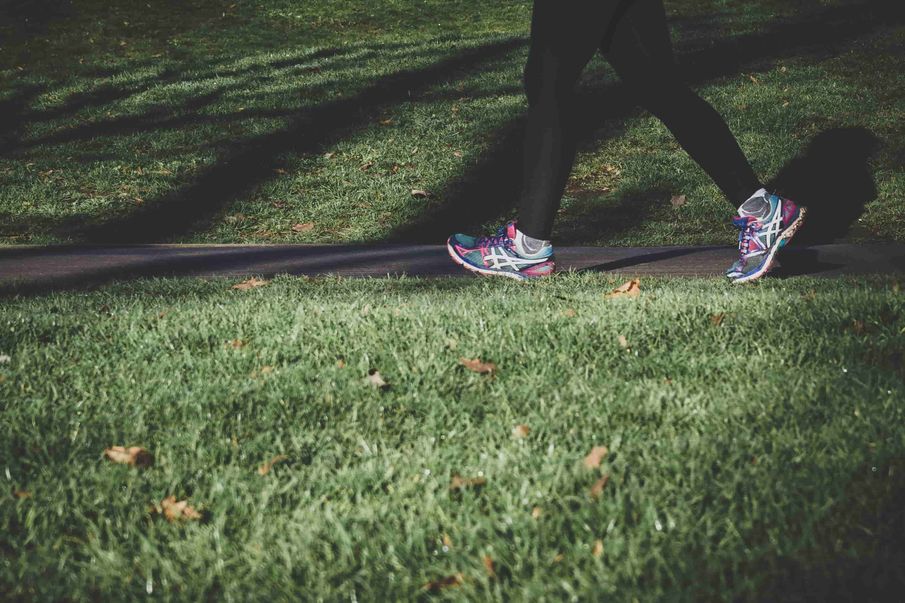It’s easy to put our health on the backburner, but did you know keeping active can benefit us mentally as well as physically? Dr Luke Powles shares his top tips to help boost health and fitness (no matter how busy you may be)
It’s too muggy to work out. I’m tired. The sun's out – I wouldn’t want to waste a rare sunny morning (or afternoon, or evening) at the gym. I’ll go tomorrow.
As the warmer weather kicks in and rare British sunny skies start making an appearance, it’s easy to find excuses to skip that workout and substitute it for something a little more relaxing. But it’s not just our physical wellbeing that could suffer; getting active can have a significant impact on our mental wellbeing too.
According to the NHS, being active can help improve our overall mental and physical wellbeing, helping us to feel good about both ourselves and the world around us. Studies have shown that getting active can help with symptoms of mild depression, as well as protecting against anxiety.
Scientists believe that being more active can also help us achieve a greater sense of self-esteem, as we rise to new challenges and achieve a sense of accomplishment from our increased activity. Studies have also shown that increased activity can help relieve stress, lowering our overall stress levels and helping us to feel better able to handle challenging situations.
For those of us aged 19 and older, we should be doing at least 150 minutes of moderate aerobic activity each week. That doesn’t have to mean endless hours spent working out in the gym – it can be whatever you most enjoy or can fit into your schedule, from fast walking or cycling, to getting involved in sports like your local five-a-side friendly football game or taking up yoga or Pilates with a friend or two.

We need to switch the way we think about getting active, from something we have or need to do, to something we want or enjoy doing. Whether you’ve got a goal in mind or are just looking for ways to avoid the litany of excuses that can crop up, there are small changes you can make to help you rediscover your “fitspiration” this summer.
Dr Luke Powles, Associate Clinic Director for Bupa Health Clinics, shares his top tips to help you boost your health and fitness (no matter how busy you may be):
Try desk stretches
“Sitting for long periods of time can leave our bodies uncomfortable and can make us less productive. Keeping your body stretched will do the world of good and will avoid stiffness.
“Once you've made your to do list for the day, section it into groups. When you've completed a section of tasks, pop outside and take a quick walk of 100 steps and then 100 steps back. This will give your mind a break, move your body and get some oxygen to the brain!”

Use ad breaks to increase your heart rate
“Relaxing in front of the television can be an enjoyable way to unwind, but if your busy schedule means you can’t fit in a gym workout – why not try it at home?
“Take your favourite hour-long programme – whether this be Line of Duty or Love Island – and plan exercises for each ad break. If each ad is 60 seconds, try 20 seconds of squats, 20 seconds of lunges and 20 seconds of high knees. Do these three times and it’ll make those boring ad breaks fly by!”
Set targets
“It may seem like an obvious one, but try and set yourself targets of what you want to achieve. It isn’t always easy to fit these targets into a busy routine, but when you have the time, try getting off the bus or train a stop early and walking the rest of the way.
“I’d recommend getting a health assessment as this will give you an overall snapshot of your health and wellbeing so you know what you will realistically be able to achieve with the help of a lifestyle advisor.”
Let someone else take your seat
“Did you know, standing for 30 minutes can burn 64 calories? It might not sound like much but it can easily add up, especially if you’re on the go. Every time you take a call at work, or at home, stand up. If you're on your mobile take the call outside and walk, you won't realise just how many steps you take, even if it's around the office block!”
Warm up while the bath runs
“Winding down with a bath is a great way to end the day. Usually when you start running a bath, you are waiting around for it to fill up. Why not go up and down your stairs five times. If you do not have stairs, standing rotated lunges will work just fine. Just make sure to peak into the bathroom to ensure no spillages!”

Increasing our physical activity isn’t the only thing that can impact our overall sense of wellbeing. What we eat can impact our stress levels, how tired we feel, and can even affect symptoms of depression.
Increasing your vitamin C and B intake can help provide your body with more energy, while making sure you have enough magnesium can help relax your muscles and reduce anxiety whilst assisting in hormone and energy production.
Ensuring you have a balanced diet can help you to combat tiredness, helping you to feel more prepared to make other healthy changes and face challenges with a clearer head. Discover experienced nutritionists who can help with tiredness or stress near you.


Comments